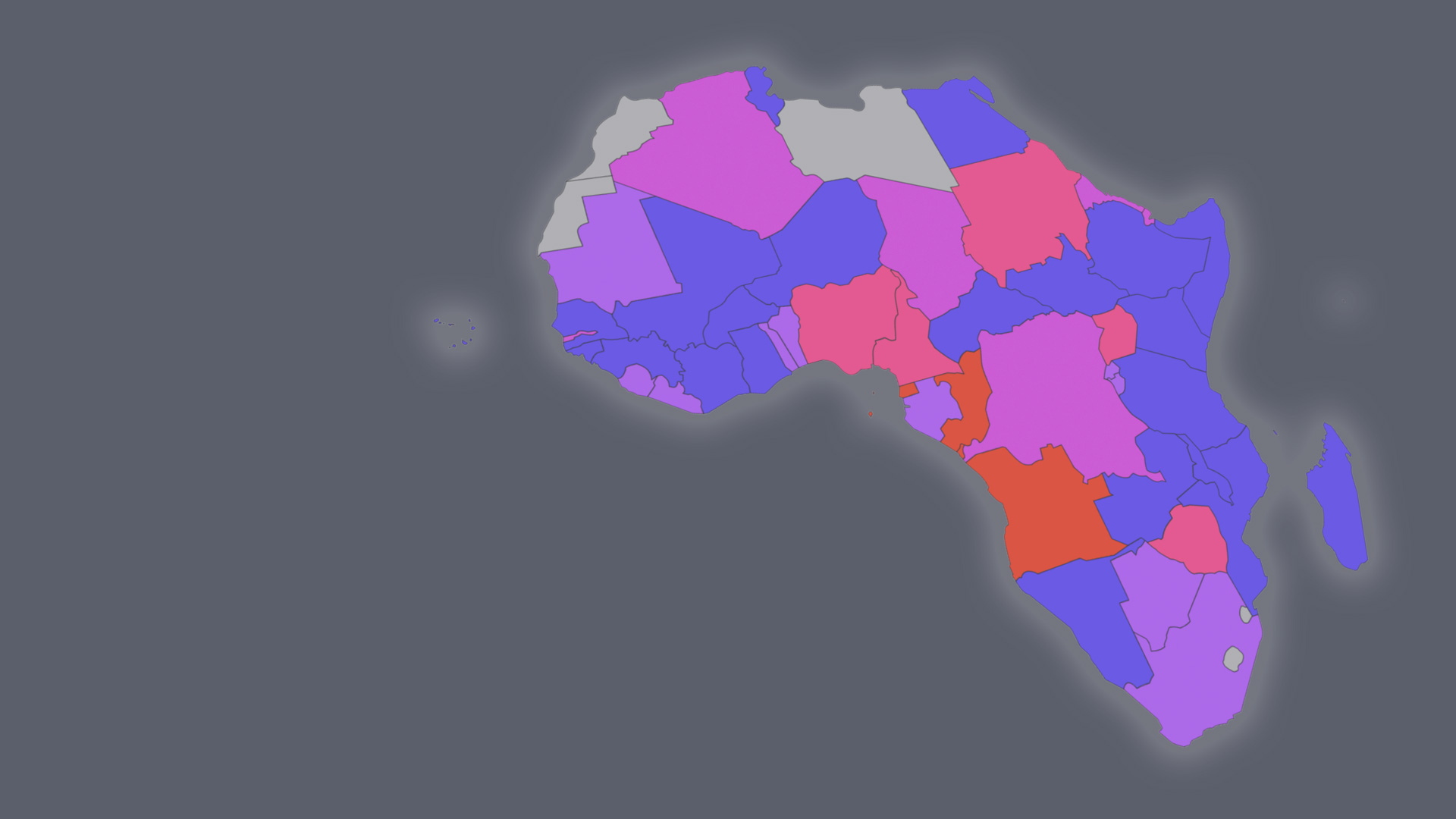Throughout Africa, Presidential Term Limits Accompany a Strong Press

Throughout Africa, Presidential Term Limits Accompany a Strong Press
Last week, VOA News launched our project exploring how long Africa’s presidents have held office. Some heads of state are notorious for defying term limits, remaining in office decade after decade. Many presidents, however, have been on the job for just a few years. These differences provide a chance to explore how the length of African leaders’ tenures might affect other aspects of society. This post explores one such connection.
Term limits and press freedom go hand-in-hand. Throughout Africa, countries with the longest-serving presidents also restrict journalists the most. When elections are regular and term limits are upheld, information flows more freely.
One way to understand this relationship is by comparing how long Africa’s leaders have been in office with the press freedom ratings of Reporters Without Borders. RWB, a French-based nonprofit, tracks threats to journalists and press freedoms. Their yearly index ranks nearly every country in terms of pluralism, media independence, self-censorship and four other factors. Combined, these criteria result in a press freedom index. Lower numbers mean greater freedom.
This chart shows the correlation between press freedom ratings and African presidents’ terms in office. Presidents who have been in office for many years tend to lead countries with more restrictions on the press.
There’s a positive correlation between these values. The longer a president’s term, the more likely are encroachments on a free press in his or her country.
In the 20 African countries with best press freedom scores, the average presidential tenure is just four years:
This chart shows the number of years presidents have led the African countries with the best press freedoms.
For the 20 countries with the worst press freedoms, presidents have held office for an average of 15.5 years:
This chart shows the number of years presidents have led the African countries with the worst press freedoms.
With few exceptions, the most restrictions on the flow of information occur when presidential terms are longest. The bottom-ranking countries of Sudan and Eritrea, for example, have presidents who have held power for 26 and 24 years, respectively. That’s well above the continent-wide average of 10.29 years.
In a handful of cases, countries have short-serving presidents and large restrictions on press freedom. But a look at the recent past explains why.
In Burkina Faso, for instance, President Blaise Compaore ruled for 27 years until, in 2014, he was forced out. In Egypt, Hosni Mubarak resigned in 2011 after a 30-year term. Tunisian president Zine El Abidine Ben Ali fled that same year, after nearly two and half decades in power.
And, in Ethiopia, several presidents have served in recent years, but the post is mainly ceremonial. The prime minister has more clout, and this position was occupied for 17 years by Meles Zenawi Asres, until his death in 2012.
“ Our liberty depends on the freedom of the press, and that cannot be limited without being lost.”
Across Africa, there’s a clear connection between good governance and a strong press.
It’s easy to see why.
Journalism strengthens democracy by shining a light on the institutions meant to serve the public. At the same time, term limits provide room for the press to grow and operate independently. By upholding the limits outlined in their constitutions, African nations can foment a hospitable environment for journalists and, in turn, strengthen democracy across the continent.










